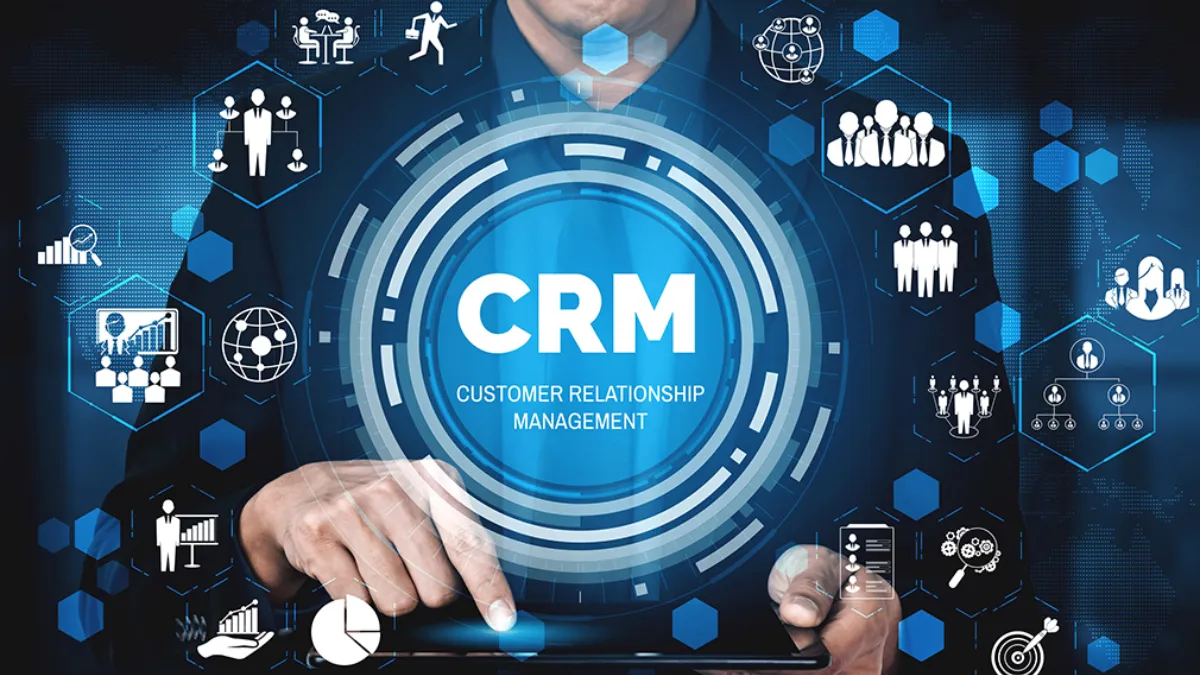Selecting the right Customer Relationship Management (CRM) software is crucial for any business that wants to manage customer interactions, improve sales efficiency, and enhance overall customer experience. With a variety of options available, businesses need to consider their industry-specific needs, features, and long-term growth goals.
Why Industry-Specific CRM Matters
Different industries have unique workflows, compliance requirements, and customer interaction patterns. A real estate business, for example, may require property management tools and lead tracking for buyers, while a healthcare provider needs secure patient records and appointment scheduling.
Choosing a CRM designed for your industry can save time, reduce customization costs, and provide ready-made solutions that match your business processes.
Key Factors to Consider When Choosing a CRM
1. Identify Your Business Needs
List the features you need—lead tracking, email marketing, reporting, customer support tools, or integrations. Understanding these requirements helps narrow down suitable options.
2. Evaluate Industry-Specific Features
Look for CRMs that provide templates, workflows, and tools tailored to your industry. For example:
- Real Estate: Property listings, open house scheduling, and client management.
- Healthcare: Appointment scheduling, patient communication, and data security compliance.
- E-commerce: Inventory management, customer segmentation, and automated campaigns.
3. Check Ease of Use and Customization
The CRM should be user-friendly and allow easy customization without heavy technical work. Low-code or no-code platforms can be useful for teams without developers.
4. Consider Integration Capabilities
A good CRM should integrate with email platforms, payment systems, analytics tools, and social media channels. This ensures a unified workflow and better data management.
5. Ensure Data Security and Compliance
Industries like healthcare, finance, and education must comply with strict regulations. Ensure the CRM provides strong encryption, consent management, and compliance tools.
6. Look for Scalability
Choose software that can grow with your business, adding more users, features, and integrations as your needs expand.
Benefits of the Right CRM Software
- Improved Customer Experience: Personalized interactions based on customer data.
- Efficient Team Collaboration: Sales, marketing, and support teams can access the same information in real time.
- Better Decision-Making: Data-driven insights and predictive analytics help in planning sales and marketing strategies.
- Higher Productivity: Automation reduces repetitive tasks, allowing teams to focus on core activities.
Steps to Implement CRM Successfully
- Define clear goals for what you want the CRM to achieve.
- Train your team to use the CRM effectively.
- Start with essential features before expanding to advanced tools.
- Monitor usage and collect feedback to optimize workflows.
- Review performance regularly and scale features as your business grows.
Conclusion
Choosing the best CRM software for your industry is about aligning features with your specific needs, ensuring scalability, and preparing for future trends like AI-driven automation and predictive analytics. Businesses that select the right CRM will enjoy better customer relationships, improved efficiency, and sustainable growth.
FAQs
1. Why should I choose an industry-specific CRM?
Industry-specific CRMs save time by providing relevant templates, workflows, and compliance tools tailored to your sector.
2. What features are essential in a good CRM?
Key features include contact management, automation, analytics, mobile access, and integration with other business tools.
3. Can small businesses benefit from CRM?
Yes, CRMs help small businesses manage leads, track customer interactions, and automate marketing without requiring large teams.
4. How do I know if a CRM is scalable?
Check if the CRM allows adding more users, modules, and integrations as your business grows.
5. Is data security important in CRM software?
Absolutely. A CRM should have strong encryption, access controls, and compliance tools to protect customer information.
